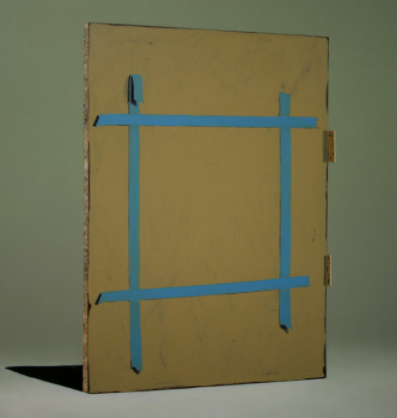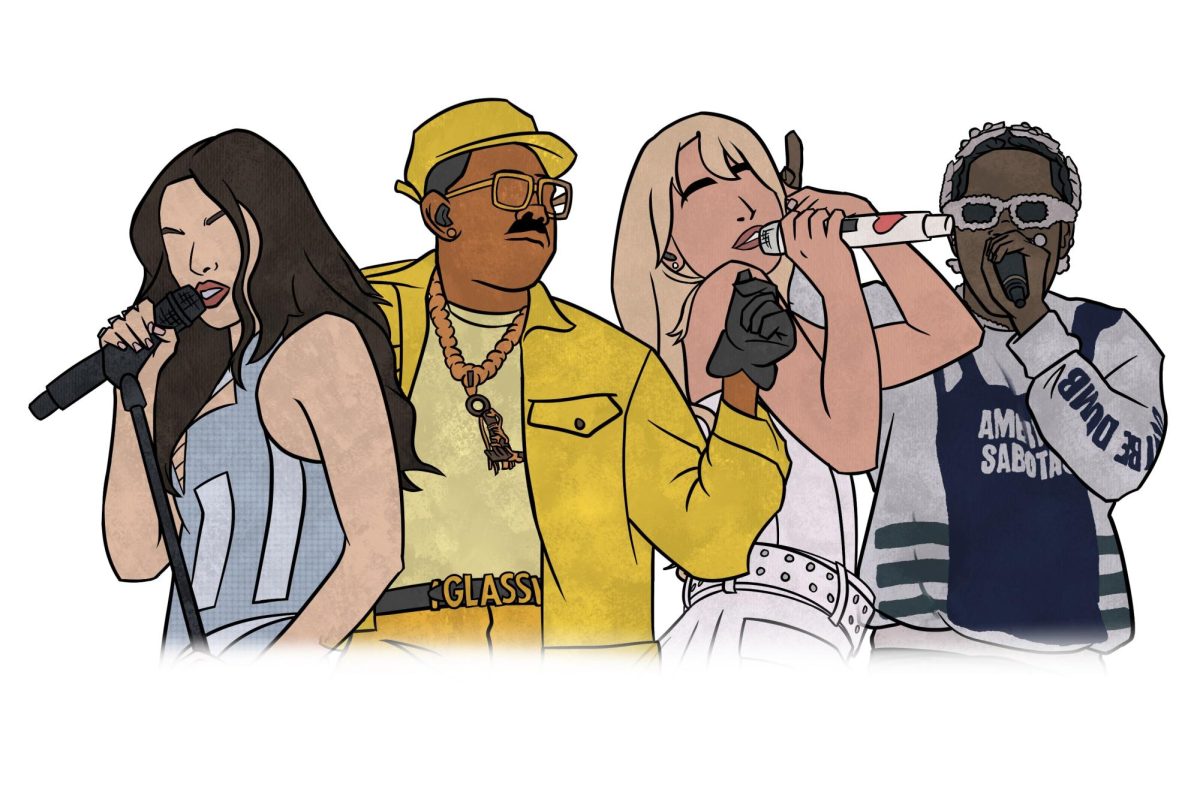Review: Everywhere at the End of Time

The six-and-a-half-hour music album, “Everywhere at the End of Time” expresses the emotional journey through the stages of dementia.
March 15, 2021
Many people ponder the meaning of life. Though I don’t have an answer to this question, I do know one thing for certain—each and every day we are creating memories. Memories of people, of experiences, of tragic events, and joyous moments. However, there’s a possibility that one day we won’t be able to remember these things anymore. This is what dementia does to you. It’s difficult to imagine what it could ever be like to lose your memory, but the musical composition “Everywhere at the End of Time” does a remarkable job at taking us on an emotional journey through the stages of dementia.
Composed by Leyland James Kirby under the pseudonym ‘The Caretaker,’ “Everywhere at the End of Time” is a six-and-a-half-hour musical album. It is broken into six different sections which were each released separately between 2016 and 2019. Each section is meant to emulate the worsening of symptoms in the six stages of dementia. The music, all of which is instrumental and classical-esque, is reminiscent of the 1930s and 1940s with slightly dark undertones.
The first stage sounds like a beautiful daydream. A happy nostalgia, almost. With sentimental piano melodies and soothing repetitions, you can almost imagine the glory of the old days. This is the type of music that makes old people feel young and young people feel old. There is but the slightest hint of memory loss—you are in the last days of being truly alive.
Stages two and three, though sprinkled with moments of musical beauty, are soon filled with confusion and anger. The orchestral harmonies are more dissonant and the repetitions are no longer soothing but instead fearful. This is when you realize that you are losing your memory but cannot accept that. You fight to remember, but eventually coherence is lost and who you are—or, more appropriately, who you were—has become almost impossible to decipher.
Stage four, like stages two and three, has moments of serenity. For brief seconds, a piano or orchestral excerpt reminds us of stage one, but then quickly returns to horror. The music now represents how you are unable to remember anything at all without getting confused. This is the beginning of the end.
Stages five and six are even more so disturbing and heartbreaking. The music is no longer melodious but mere sounds of agony. The use of layered drones and white noise adds to the eerie ambiance, since there are no discernable instruments yet there is some vague familiarity to what you’re hearing. It is almost like you are hearing and seeing everything through a fog, but the fog is so thick that you are suffocating and drowning. This is the point where whoever you were is truly gone. Your personality, your memories, your life is all forgotten. Now all that is left, as morbid as it sounds, is death.
Kirby’s grandfather suffered from a form of dementia so he was able to see first-hand how one becomes a shadow of a person with this illness. Watching his grandfather’s decline led to Kirby’s fascination with memory—combine that with his innate musical talent and it is no wonder how he’s created such revolutionary works. Kirby attempted to take his listeners on a journey, and he more than succeeded.
I felt emotions I didn’t even know existed while listening to this. I danced, I dreamt, I cried, I lived. Six and a half hours in the grand scheme of things is a very short period of time, but I felt as though I had lived a lifetime after listening to this masterpiece.
With all of the turmoil going on in the world, it is exceptionally easy to get swept up in despair. But once you realize that without sadness there would be no happiness, you can begin to appreciate life’s experiences—or at the very least tolerate them. After listening to this piece of artwork, I understand how lucky we are to be alive and making memories, no matter how big or small they are. This piece taught me to live and cherish every moment of life and be grateful even through hardships. It’s an eye-opener that we could all use in a time like today.
























